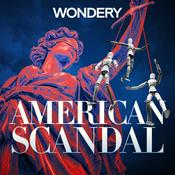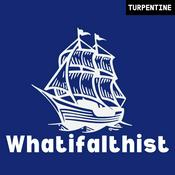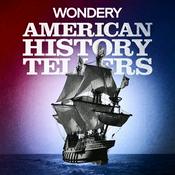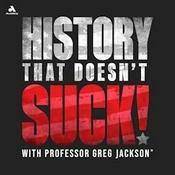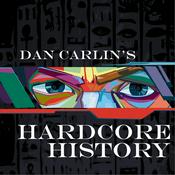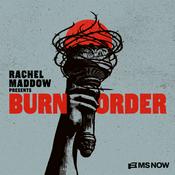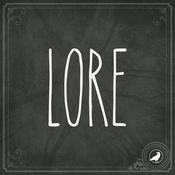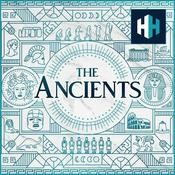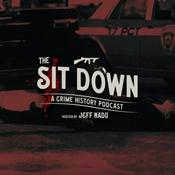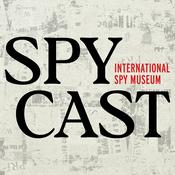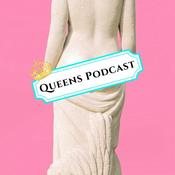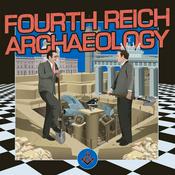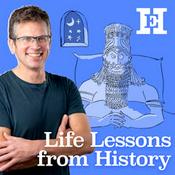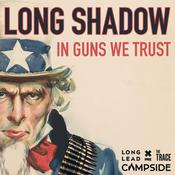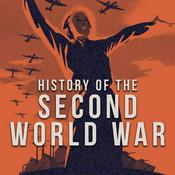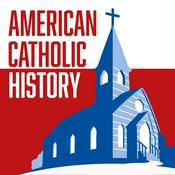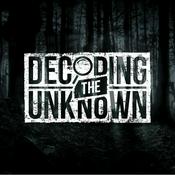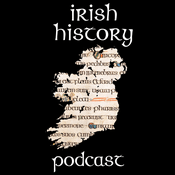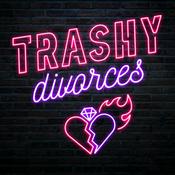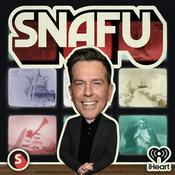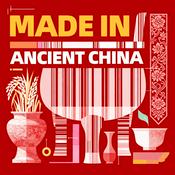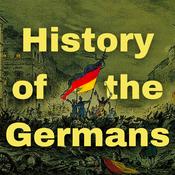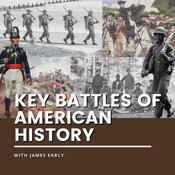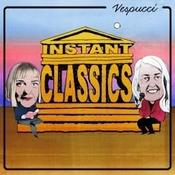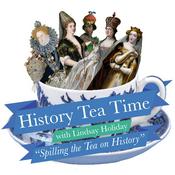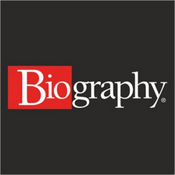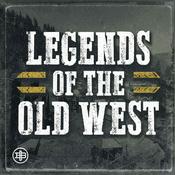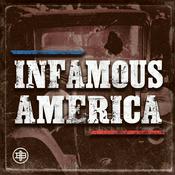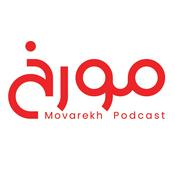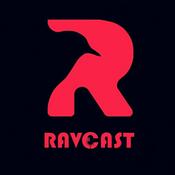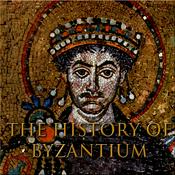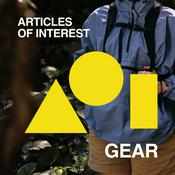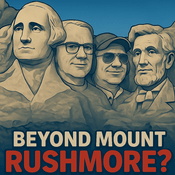391 episodes

Oliver Postgate
11/03/2025 | 27 mins.
"Postgate's work is deep inside me and I think that's true for so many of my generation...His work represents nothing less than a touchstone for our national imagination and in that sense it's profoundly important"Andrew Davenport, writer, composer, and creator of Teletubbies and In the Night Garden, nominates Oliver Postgate, who, along with his Smallfilms business partner, the artist Peter Firmin, invented the children's television shows Ivor the Engine, The Clangers and, perhaps most loved of all, Bagpuss.Postgate was a late bloomer. Following Dartington school (which he hated) a stint in jail and working the land, several odd jobs and even odder inventions, he eventually discovered a love of stop-motion animation and created some of the most enduring worlds and best-loved characters in television, all from a cowshed in Kent.Including clips of his programmes, contributions from singer and musician Sandra Kerr. and archive from Postgate's 2007 Desert Island Discs interview.With cultural historian Matthew Sweet. Produced by Ellie Richold. Presented by Matthew Parris.

Sylvia Plath
10/27/2025 | 27 mins.
Lucy Jones, author of Matrescence, chooses the writer Sylvia Plath. Sylvia Plath was a precocious, prize-winning child,. Her mother had high expectations for her. Her father had died when she was 8 (but could have been saved if only he'd gone to see a doctor). When she was well, Plath was energetic, fun, bright, attractive, funny and incredibly smart.Her first depressive episode at the age of 20, was 'treated' with botched electric shock therapy. She was awake throughout the ordeal, which left her terrified and traumatised.Lucy Jones believes that Plath has an unfair reputation as a depressing writer, because of the shadow that her suicide casts backwards over her life. But Jones finds Plath's poetry incredibly alive, brave, comforting and inspiring. "I don't think I would have been able to write Matrescence without Plath's work"Both Lucy Jones and Plath's biographer, Heather Clark, believe that at the end of her life, recently separated and struggling through a particularly bad winter with two very small children, she may have been suffering from post-natal depression.With archive recordings of Sylvia Plath reading her poems Daddy and Mushrooms, as well as being interviewed with Ted Hughes.Produced in Bristol by Ellie Richold and presented by Matthew Parris

Elizabeth Day on Hatshepsut
10/20/2025 | 27 mins.
"One of the things that she claimed was that her mother had been impregnated by the sun god Amon-Ra." Elizabeth Day's interest in the female pharaoh Hatshepsut was sparked by a trip to Egypt less than a year ago. What intrigued her was how this woman survived and thrived as ruler in a traditionally male role. Joining her in discussion is Professor Joyce Tyldesley, recent winner of archaeologist of the year. She says that Hatshepsut changed her life when she wrote her biography. Matthew Parris presents.Elizabeth Day is the author of six novels and host of How to Fail. The producer for BBC Studios in Bristol is Miles Warde

Comedian Stewart Lee on Derek Bailey
10/13/2025 | 30 mins.
"The area I mostly work in is generally known as free - the free music area. And free is one of those four letter words, like rock or jazz or punk maybe. It started out meaning something." Derek BaileyBorn in 1930 in Sheffield, Bailey worked as a session musician in dance bands and orchestras before turning his back on that world. Free improvisation was where he made his name, and he took inspiration from whatever he heard. Stewart Lee first heard him in the 1990s and spoke at his funeral in 2005."Are there any parallels between his approach and yours?" "There probably are ... in that I've copied him."Also contains the voices of Ian Greaves and Tim Fletcher, a brief clip of Mastermind, and a recording of Derek Bailey's collaborator in the Joseph Holbrooke Trio, Gavin Bryars. Stewart Lee is a comedian and writer, the presenter is Matthew Parris and the producer for BBC Studios is Miles Warde. We regret that this description barely scrapes the surface of the wonder of this episode - the ideas, the music, the archive, the brief row.

Jock Stein, first British football manager to win the European Cup
10/06/2025 | 27 mins.
Jock Stein, first British football manager to win the European Cup, picked by composer Sir James MacMillan and aided by Jock Stein’s biographer, Archie MacPherson. Jock Stein was manager of Celtic FC when they won the European Cup in Lisbon in 1967. He later died while managing Scotland in a world cup qualifier against Wales – the date, September 1985, exactly forty years ago."I saw in my grandfather and my father certain characteristics that I saw in Jock Stein." Sir James MacMillanIncludes archive of Jock Stein, Gordon Strachan and Billy Connolly, a big fan of the European Cup winning Celtic team.Archie MacPherson is the author of Jock Stein: The Definitive Autobiography, and a familiar face to viewers of Scottish football in the eighties and nineties and beyond. The presenter is Matthew Parris and the producer for BBC Studios is Miles Warde
More History podcasts
Trending History podcasts
About Great Lives
Listen to Great Lives, American Scandal and many other podcasts from around the world with the radio.net app
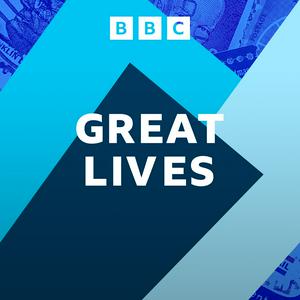
Get the free radio.net app
- Stations and podcasts to bookmark
- Stream via Wi-Fi or Bluetooth
- Supports Carplay & Android Auto
- Many other app features
Get the free radio.net app
- Stations and podcasts to bookmark
- Stream via Wi-Fi or Bluetooth
- Supports Carplay & Android Auto
- Many other app features


Great Lives
download the app,
start listening.
